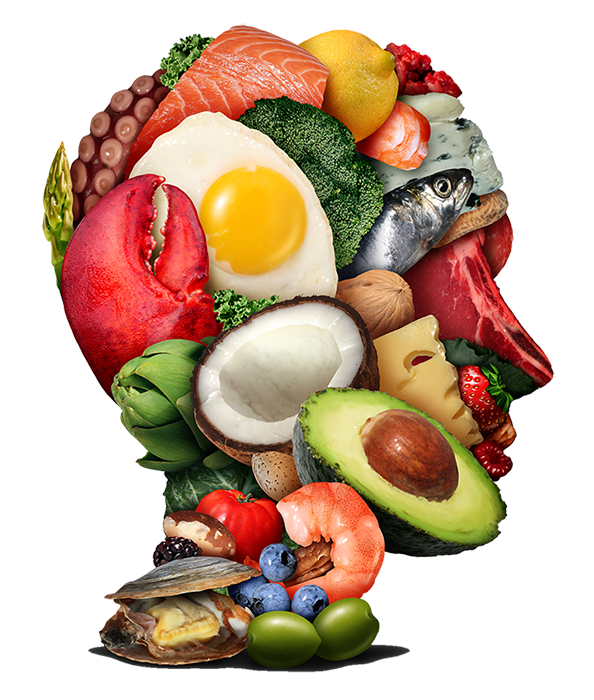Nutrition Education
For the past 20 years there has been intense debate on the strategies, objectives and methods of nutrition education. Conventional education methods consisted mainly of talks given at health centers. Today this approach is considered largely ineffective unless it is fully integrated into a broader education strategy. The conventional method has largely given way to approaches based on modern communication sciences.
Global Index
The first Access to Nutrition Global Index was inspired by other successful indexes that ranked companies in a certain industry or field. It was launched in 2013. It . By regularly assessing and ranking the world’s largest manufacturers on their over and under nutrition related commitments, practices and performance globally, ATNI aims to encourage companies to:
- Increase consumers’ access to nutritious and affordable foods and beverages through appropriate product formulation, pricing and distribution.
- Responsibly exercise their influence on consumers’ choice and behavior by improving marketing, labeling and the use of claims that promote healthy diets and active lifestyles.
Many companies responded constructively to the findings of the Index and pledged to improve their policies, practices and disclosure related to nutrition. Some investors have reported that they use the Global Index to help inform investment decisions and engagements with food and beverage companies. Building upon the impact of the first Global Index, the following Indexes seek to stimulate dialogue among stakeholders and drive action from companies to improve their nutrition practices by:
- Enabling companies to benchmark their own performance on nutrition against international standards and best practice, and compare themselves to their peers.
- Providing an objective source of information for all stakeholders to evaluate companies’ contribution to addressing global nutrition challenges.

The overarching goal of the Foundation is to help facilitate better diets and to help reduce instances of obesity and under-nutrition around the world.
The objectives of the Foundation’s Food – a fact of life programmer are to:
- To help individuals recognize that food is a basic requirement of life and should be enjoyed.
- To help individuals develop an understanding of the underlying scientific principles upon which current issues in nutrition are based.
- To inform about methods of food production and food processing in domestic and commercial situations.
- To encourage an awareness of social, economic and cultural aspects of food choice.
- To enable individuals to demonstrate and apply appropriate knowledge of concepts and principles when planning and preparing meals and when making food choices.
SPECIFIC OBJECTIVES
- Improve nutrition and health outcomes of vulnerable segments (children and women) of the populations, through availability of foods that would increase intake of vegetables and fruits, decrease caloric intake and increase micronutrient intake.
- Develop food production systems based on agricultural diversification, conservation of water, and efficient use of land;
- Adapt international standards of food safety and quality for a healthy, market-oriented food supply chain in CARICOM countries;
- Increase the rate of technology adoption by small farmers experiencing common agricultural challenges;
- Expand and build human and institutional capacity to solve problems of food and nutrition insecurity in CARICOM countries.
EXPECTED PROJECT OUTCOMES
- Improved nutrition, particularly among children and women, through changes in school lunch programmes and nutrition education
- Change in consumer behaviour towards increased consumption of a diversified diet of vegetable and fruits, with implications for obesity and diet related diseases
- Agricultural diversification and improved water resources management leading to increased year-round supply of locally grown farm produce
- Identification of market imperfections and barriers to agricultural technology adoption in CARICOM countries
- Adoption of local and regional policies to improve food security through improved marketing structures
- Human and institutional capacity building in CARICOM to solve problems of food and nutrition insecurity.

Healthy superfood concept with vegetables, fruit, herbs, spice and nuts. Food very high in antioxidants, anthocyanins, omega 3, minerals and vitamins.


